Data is valuable raw material that is the primary decision factor in many business solutions. Martin Eperješi, Head of Local Quality and Business Operation Delivery, Deutsche Telekom IT Solutions Slovakia, explained how to use internal data to increase efficiency and quality of services.
In the interview, Martin Eperješi introduce us into a more than two-year initiative called Operational Excellence, which he has co-founded and has been taking place at the global level of the Deutsche Telekom Group.
Why have you decided to apply Operational Excellence in the group?
Our goal is to become a European leader in the Telco area and that is why we need to do things better than others. For us, Operational Excellence, as a process of continuous improvement within services and products, was the answer to how to approach this goal. Although the name itself sounds complicated, we can easily paraphrase it with an example from everyday life. I like the parallel with teeth brushing – such a common and negligible ritual that we perform subconsciously without being forced to do so, because we know that it brings us benefits. Once our parents showed it to us, they gave us imaginary tools and we now benefit from it, either in the form of a white smile or in saving money for the dentist. We say that the daily task becomes a daily ritual. A ritual that does not need control and is performed because it brings benefits/added value to the individual and to the society.
What was your vision while applying Operational Excellence?
With a vision that any decision should be based on – with real and current data and not on the results of the monthly balance, that are only a retrospective. Current data give us space for better predictions. Our vision is to give team leaders the opportunity to work with data without a need to log in to a big number of tools. Instead, we provide them with a package of three key data packages to show them on a daily basis what decisions need to be made to get closer to our goal’s day by day.
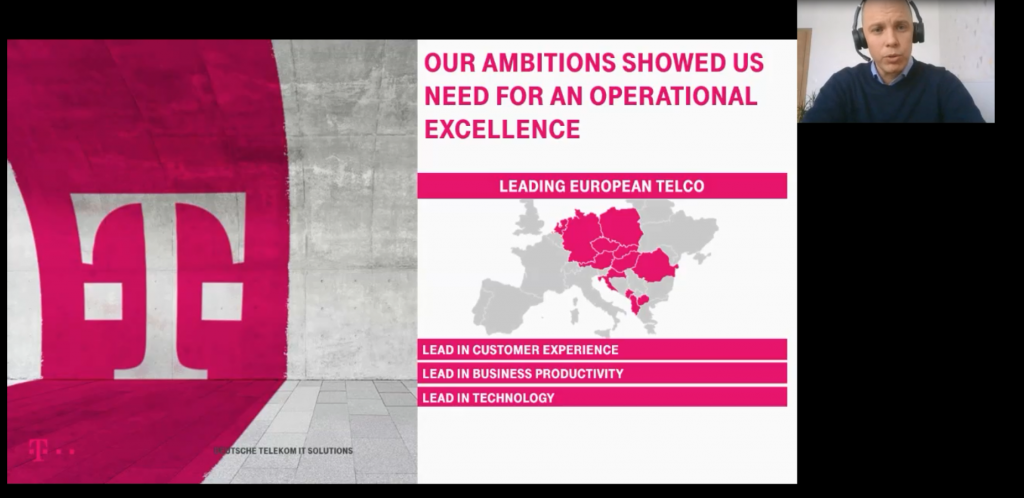
For example?
For example, if I know that there is a large number of incidents every Friday, then I increase the number of people needed every Friday and, for example, on Tuesdays I dedicate them to a different type of work, or I will adjust their working calendar.
Based on real data, we can monitor the error rate of each element that participates in the process of service delivery, productivity values or determine the number of servers that can be managed by one person. I can track which activity my employees spend the most time on, whether it is an activity that lasts a long time but does not add value. Being able to make decisions based on real data will make it work faster and show the space for improvement. Suddenly we have only one system of indicators, where a team leader, head of the unit, a managing director, but also an employee see the same data. It is a transparent solution, which is not entirely customary in a large corporation. It does not give space for the so-called data massage.
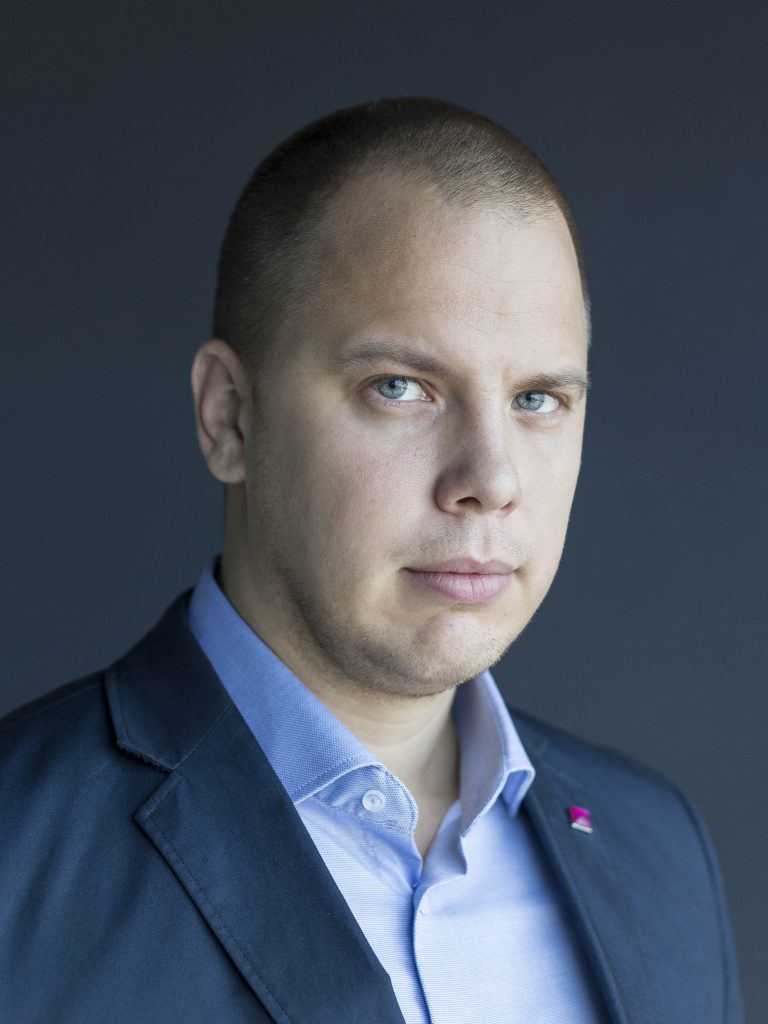
Did you start implementing Operational Excellence within a whole Group?
No, we didn’t, we started gradually. We needed to do a “what we already have at home” analysis. Firstly, we collected data, specified it, synchronized it with data from the HR system, and designed their representation and accessibility.
As a global company with more than 38,000 employees, we have decided to apply Operational Excellence internally with our own, tailor-made solution that will meet the requirements. We developed a unique toolset for team leaders, which combines 3 tools – for monitoring the quality and efficiency of human/robot work (Overall Service Effectiveness), classic productivity, and ITSM KPIs (Global Score Card). We started to implement the solution in pilots in locations such as Slovakia, Hungary, Russia, India, which represent 12,000 people, 420 team leaders. We are gradually planning to implement it in other locations of our operation. However, we need to realize that with Operational Excellence, we change not only the way we make decisions, manage, and achieve our goals, but also the corporate culture, settings, and behavior of employees at all levels of management. It is this aspect that is a key factor in such projects.
How do you evaluate the results you have achieved?
Operational Excellence as a concept cannot be implemented overnight. In each country, we have an ambassador for this subject, because each country has a different culture and needs something different. I am such a person for Slovakia and our Košice brand. After more than 2 years, we see results, our leaders think more innovatively, look for solutions, predict based on current data and do it naturally, ritually, because they see benefits in it. Productivity in the teams increased by 13.8% and several dozen teams exceeded their benchmarks. However, we are still, we might say, in a quarter of this big project. There is still so-called reward management, the aim of which is to evaluate appropriate behavior in a motivating way, to reward those who have improved their performance.
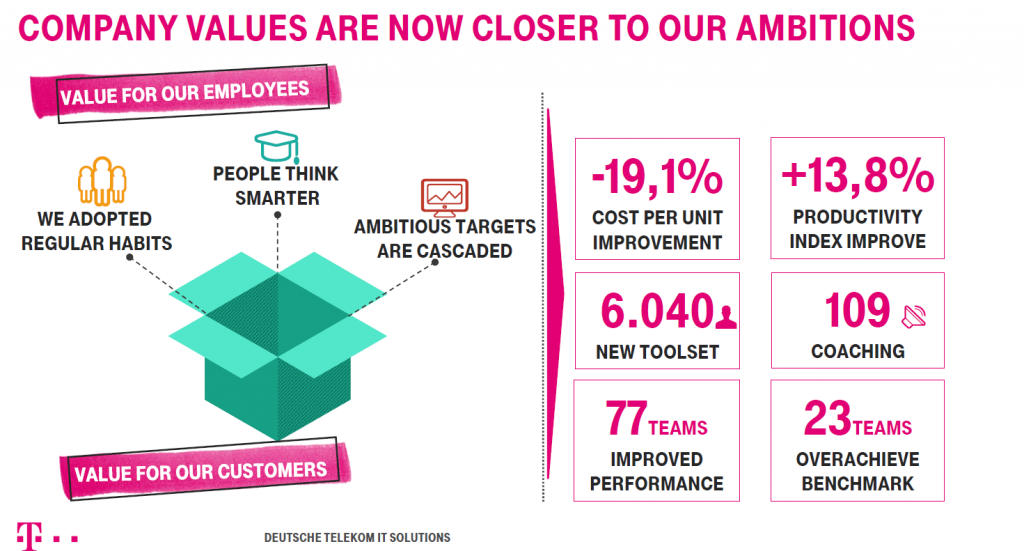
You also presented the process that is taking place at Deutsche Telekom at the Cparity 2021 OPEX Summit. What was the feedback you received?
The conference was for us an opportunity to present internal changes in the external international environment, and at the same time a chance to give a signal to existing and potential clients we are doing something different, something that helps us to be reliable partners for our clients. The participants of this conference are usually people who are in charge of a development of the company. It is intended for senior management positions for which improvements are in their responsibility. As a participant in the conference, I registered how demanding is the audience, who devotes their time to this topic regularly and is able “to grill” the speakers on a stage. My speech was accepted very positively, perhaps because I outlined in it all the steps that need to be considered in such a big change.

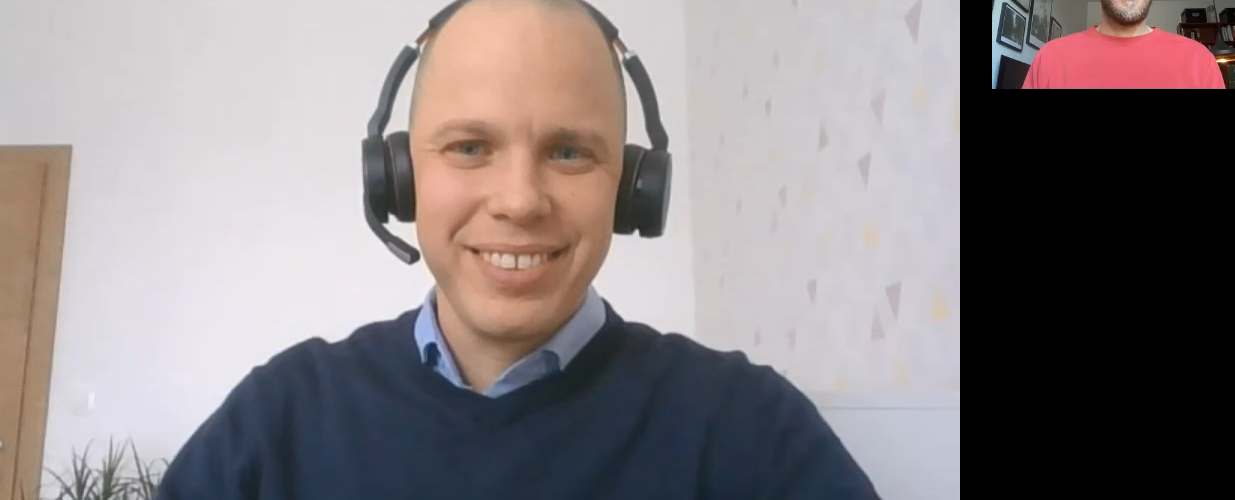
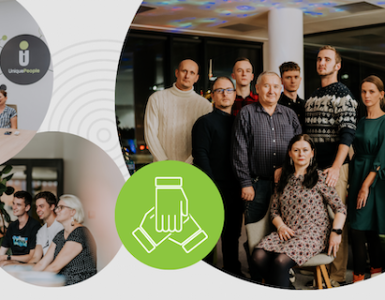
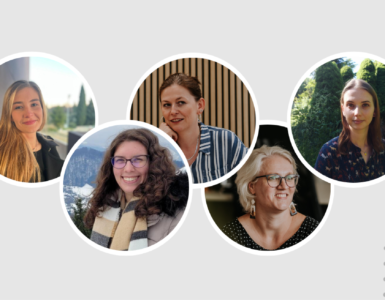






Add comment